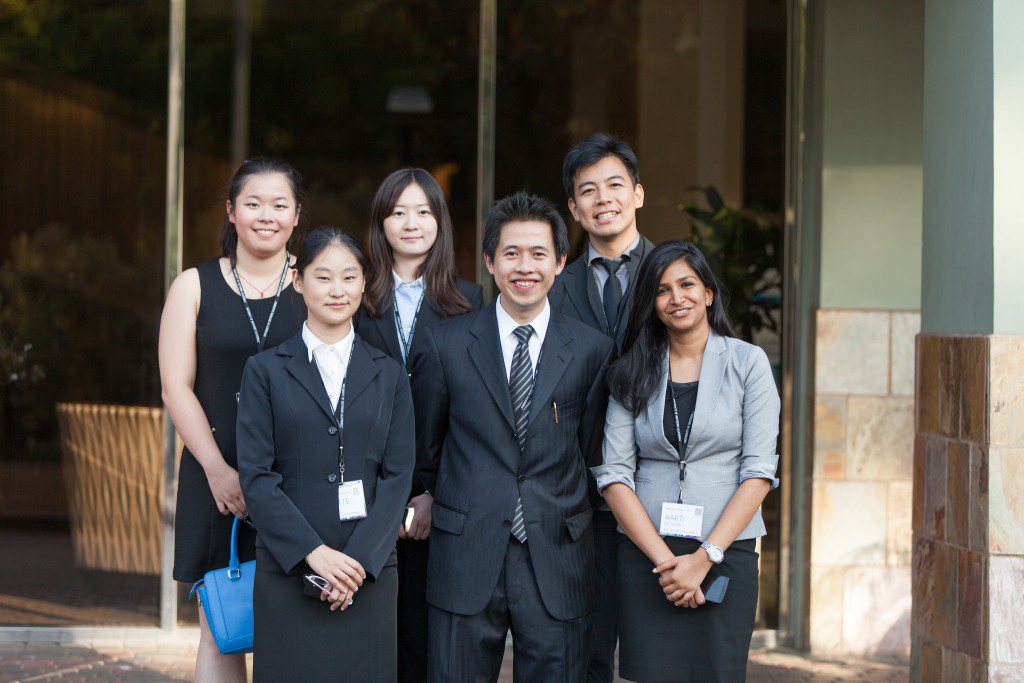With the theme of Breakthrough Therapies in Immunology, the 14th annual Moving Targets Symposium addressed novel paradigms and how to face regulatory hurdles in harnessing the immune system to treat neurological disorders, infectious diseases and cancer.
Topics included stem cells and drug delivery to the central nervous system, global health and infectious diseases, chimeric antigen receptor (CAR) T-cell therapy for cancer and safety considerations.
The USC chapter of the American Association of Pharmaceutical Scientists (AAPS) presents this daylong research symposium each year. The event attracted nearly 240 students, faculty and scientists from industry and the academy — the largest attendance in Moving Targets’ history.
Roberta Diaz Brinton, PhD, holder of the R. Pete Vanderveen Chair in Therapeutic Discovery and Development at the School of Pharmacy, delivered the keynote address, “Immune System Transitions: Targets of Therapeutic Opportunity.” Other symposium speakers were from MD Anderson Cancer Center, University of California-Irvine, University of Washington, Amgen, Denali Therapeutics, MRIGlobal and Kite Pharma.
In addition to networking opportunities, student attendees could also participate in a poster competition that awarded cash prizes to top presenters. This year, categories were offered for graduate students and for postdoctoral students.
School of Pharmacy PhD candidate Li Zhou received a graduate student award for “Developing Recombinant Single-Chain Fc Dimer Fusion Proteins for Protein Drug Delivery.” The other award winners were Melanie Pribisko from Caltech in the postdoctoral category, and Julia Rose Taylor and Priyamvada Jayaprakash, who each represented the Keck School of Medicine in the graduate student category.
The AAPS-USC student organizing committee for this year’s symposium was led by Chair Alick Tan with Vice Chair Aarti Mishra, Treasurer Julianna Chen, Secretary Menglu Han, Social Chair Yvette Wang and Communications Chair Joshua Chen. Assistant Professor J. Andrew MacKay, PhD, again served as faculty adviser.
In addition to USC, attendees came from throughout the University of California and California State University systems, as well as the California Institute of Technology, Western University of Health Sciences, the Sanford Burnham Prebys Medical Discovery Institute and Children’s Hospital Los Angeles. USC participants came from the USC Norris Comprehensive Cancer Center and the Keck School of Medicine, as well as the School of Pharmacy. In addition, 11 students in the USC Science, Technology and Research (STAR) program attended.


